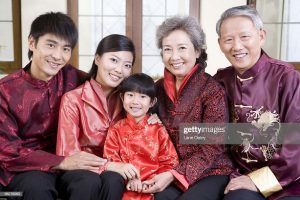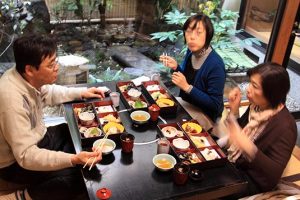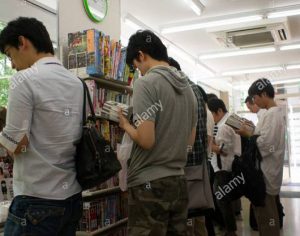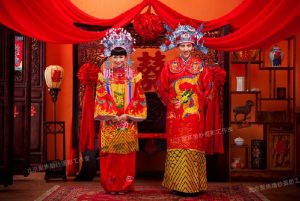Customs of East Asia
Are the following customs true or still true? Why did or do these customs exist? What do you think about them? How is it in your country?



China. In the United States, elderly people live in retirement communities or nursing homes. In China, the son and daughter-in-law traditionally look after the parents.
Japan. If someone is “eccentric”, a “nonconformist”, a “maverick” in Japanese society, they will be ostracized (alienated, shunned).
Thailand. In Asian countries, people remove their outdoor shoes when entering homes.
Korea. In China and Vietnam, brides have traditionally worn red dresses. Gifts (of money) are presented in red packets.
Vietnam. Many Chinese adopt Anglo nicknames, but never change their surnames.
Myanmar. In Japan manga or comic books, about any subject, are widely read by adults as well as children.



Cambodia. Women in China will only marry a man if he is tall, handsome — and most importantly, “rich” (he should own a car and apartment). Men will only marry a woman if she is beautiful, medium-height, light-skinned and most importantly, under 27 years old.
Mongolia. About one percent of Japan’s population (typically young males), live as hermits in their own rooms, rarely venturing outside.
Malaysia. The educational system in East Asia is teacher-centered, and consists mostly of rote-memorization and test preparation.
Java, Bali, Indonesia. In China, traditionally, when daughters marry they move to their husbands’ house; when sons marry, their wives move into his household.
Laos. When eating noodles, the Japanese slurp loudly.
Singapore. After work, Korean and Japanese employees go out, drink and have meals together, for the entire evening.
